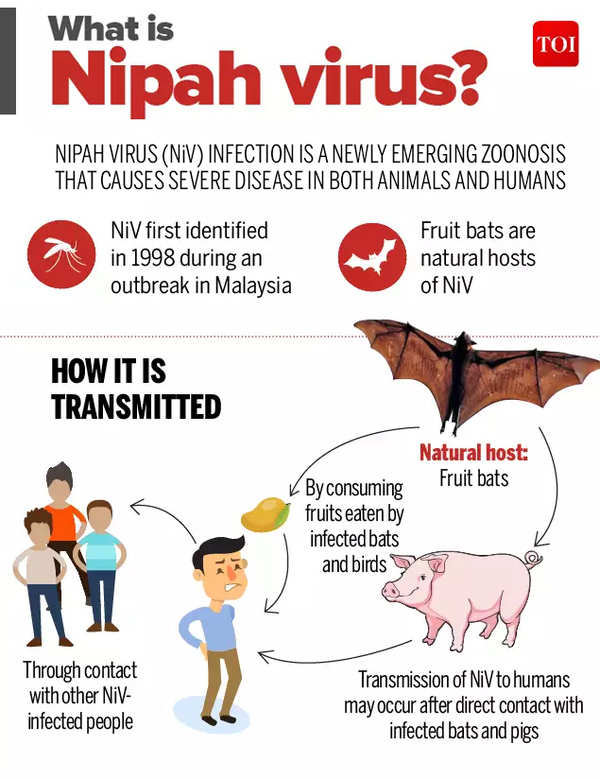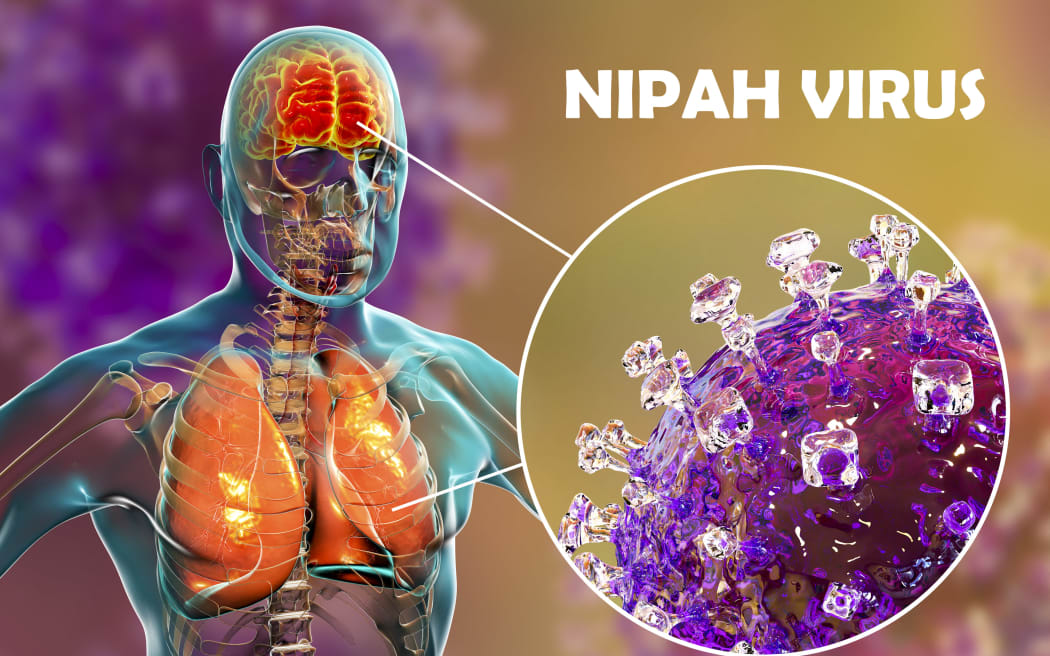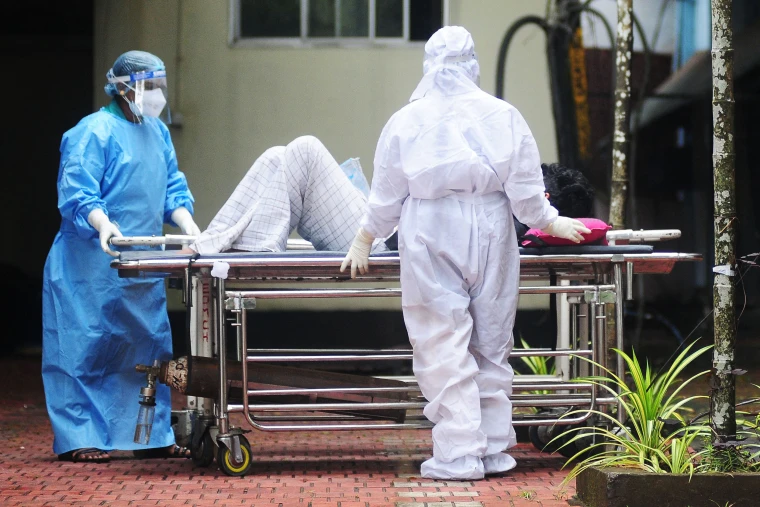Nipah virus: History, Outbreak, Cure, How It works, who discovered It, what’s New And Everything To Know

The Nipah virus (NiV) is a zoonotic virus, meaning it can be transmitted from animals to humans. First identified in 1999 during an outbreak among pig farmers in Malaysia, the virus has since caused several outbreaks in South and Southeast Asia, particularly in Bangladesh and India. The recent fatal case in Kerala, India, has once again brought this deadly virus into the spotlight.
Transmission and Hosts
The primary natural hosts of the Nipah virus are fruit bats of the Pteropodidae family, commonly known as flying foxes1. The virus can spread to humans through direct contact with infected animals. Such as bats or pigs, or through consumption of contaminated food. Human-to-human transmission is also possible, particularly through close contact with the bodily fluids of an infected person.
Symptoms and Severity
Nipah virus infection can range from asymptomatic to severe, with symptoms including fever, headache, cough, sore throat, and difficulty breathing. In severe cases, the virus can cause encephalitis (inflammation of the brain), leading to confusion, drowsiness, seizures, and even coma within 24-48 hours12. The case fatality rate is alarmingly high, estimated between 40% and 75%1.

Current Research and Cure
There is currently no specific treatment or vaccine for Nipah virus infection. The primary approach to managing the disease is supportive care, which includes treating symptoms and also complications as they arise. Researchers are investigating potential treatments, including monoclonal antibodies and antiviral drugs like remdesivir.
Recent Outbreaks
Kerala, India, has been a hotspot for Nipah virus outbreaks in recent years. The latest incident involved a 14-year-old boy who succumbed to the virus. Also prompting health authorities to issue alerts and track high-risk contacts34. This highlights the ongoing threat posed by the virus and the need for vigilant public health measures.
Prevention and Control
Currently, there is no specific treatment or vaccine for Nipah virus infection. The primary approach to managing the disease is supportive care, which includes treating symptoms and complications as they arise1. Preventive measures focus on reducing the risk of transmission:
- Avoiding contact with bats and sick pigs.
- Not consuming fruits or products contaminated by bats.
- Practicing good hygiene, such as regular handwashing.
- Avoiding close contact with infected individuals12.


